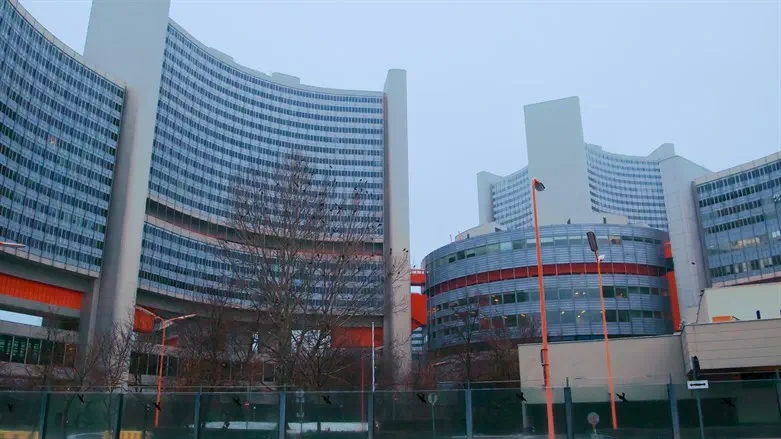
Iran has further increased its stockpile of uranium enriched to near weapons-grade levels, according to a confidential report on Monday by the International Atomic Energy Agency (IAEA) seen by The Associated Press.
The report said that as of May 11, Iran has 142.1 kilograms of uranium enriched up to 60% — an increase of 20.6 kilograms since the last report by the UN watchdog in February. Uranium enriched at 60% purity is just a short, technical step away from weapons-grade levels of 90%.
By the IAEA’s definition, around 42 kilograms of uranium enriched to 60% is the amount at which creating one atomic weapon is theoretically possible — if the material is enriched further, to 90%.
Also as of May 11, the report says, Iran’s overall stockpile of enriched uranium stands at 6,201.3 kilograms, which represents an increase of 675.8 kilograms since the IAEA’s previous report.
Previously, the IAEA found that, between June and November last year, Iran slowed down the enrichment to 3 kg per month, but that jumped back up to a rate of 9 kg at the end of the year.
The increase came soon after Tehran barred a third of the IAEA's core inspections team, including the most experienced, from taking part in agreed monitoring of the enrichment process.
That move was part of Iran’s scaling back of its compliance with the 2015 nuclear deal it signed with world powers, in response to then-US President Donald Trump’s withdrawal from the deal in 2018.
Monday’s report said that Tehran has not reconsidered its September 2023 decision to bar IAEA inspectors from further monitoring its nuclear program and added that it expects Iran “to do so in the context of the ongoing consultations between the (IAEA) agency and Iran.”
The IAEA has also long sought answers from Iran about two sites near Tehran that inspectors say bore traces of man-made uranium.
IAEA chief Rafael Grossi recently visited Tehran, where he decried what he described as "completely unsatisfactory" cooperation from Iran over its nuclear program.

